Lithium Iron Phosphate (LiFePO4) batteries have earned themselves a place among energy storage solutions due to their blend of safety, longevity, and environmental compatibility. As such, LiFePO4 batteries make for ideal home energy storage systems in an era when many more households turn towards renewable energy solutions for powering their homes.
Understanding LiFePO4 Batteries
LiFePO4 batteries, a form of lithium-ion battery technology, use lithium iron phosphate as their cathode material - this material differs significantly from traditional lithium-ion batteries which typically employ lithium cobalt oxide or manganese oxide as cathodes. 
LiFePO4 used has energy storage.
Their mechanism typically consists of Composition Mechanism
Cathode: lithium iron phosphate (LiFePO4)
Anode: typically made of carbon (graphite).
Electrolyte: typically composed of lithium salt dissolved in organic solvent.
Separator: A porous film that prevents short circuits in LiFePO4 batteries works by moving lithium ions between their cathode and anode during charging and discharging processes, providing many advantages especially suited for residential energy storage needs.
LiFePO4 batteries offer many desirable characteristics that make them especially ideal for home energy storage:
Safety
Home energy systems must operate reliably and safely over many years in various environmental conditions, with LiFePO4 batteries being an inherently safer choice due to their more stable chemical and thermal composition compared with other lithium-ion batteries. This reduces risks such as thermal runaway, overheating, and fires that are associated with other lithium batteries.
Longevity
LiFePO4 batteries stand out due to their long lifespan; they can tolerate up to 2000-5000 charge/discharge cycles without degraded capacity, making them an excellent long-term investment for home energy systems where batteries may be cycled daily. Their ability to last several years reduces replacement needs over time and ultimately decreases total ownership costs.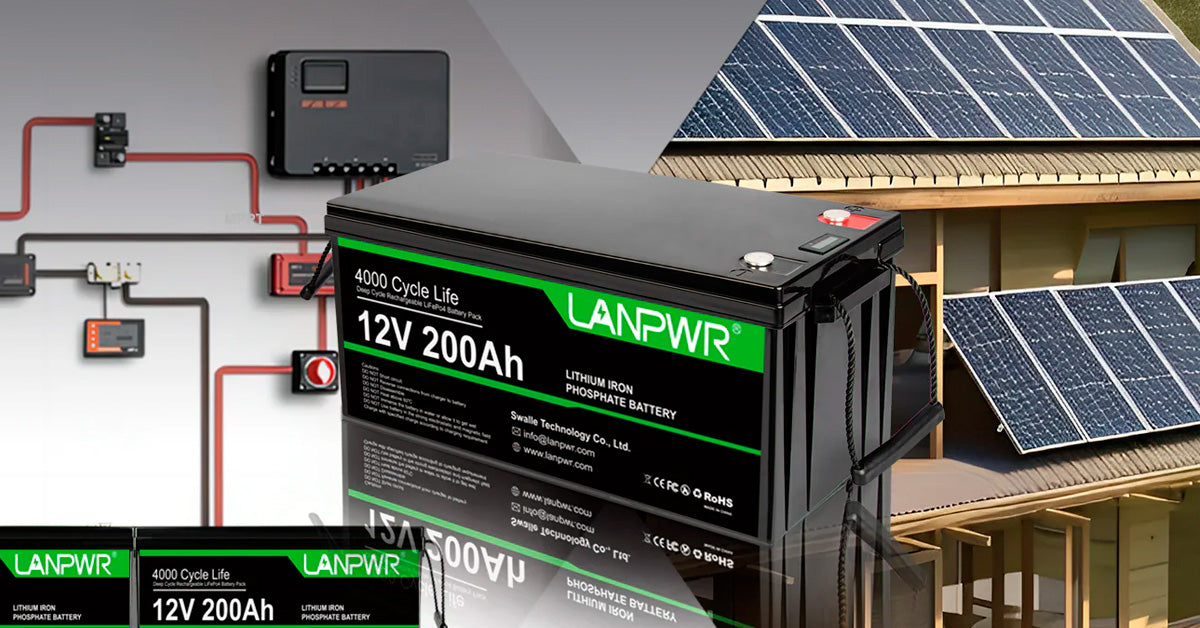
High Thermal Stability
LiFePO4 batteries provide excellent thermal stability, performing smoothly over a broad temperature range without experiencing significant performance degradation. This feature makes LiFePO4 ideal for energy storage systems located in homes located in areas with extreme weather conditions; providing reliable battery performance regardless of ambient temperatures.
Environmental Benefits
LiFePO4 batteries offer more environmentally friendly alternatives than other forms of lithium-ion batteries, due to not containing cobalt, an environmentally heavy metal with potentially serious ethical and ethical considerations associated with its extraction and refinement processes. Furthermore, LiFePO4s use iron instead which has a lower environmental footprint.
Advantages of LiFePO4 batteries in Home set-tup
Scalability
LiFePO4 batteries are easily scalable, which means that they can be configured to meet the specific energy needs of a household, whether small or large. This scalability allows homeowners to start with a modest system and expand their energy storage capacity as their energy needs grow or as the budget allows.
Compatibility with Renewable Energy Sources
These batteries are ideal for use with renewable energy installations, such as solar panels. LiFePO4 batteries can efficiently store solar energy generated during the day, which can then be used at night or during peak electricity usage times, helping to reduce electricity bills and increase energy independence.
Efficiency
While LiFePO4 batteries do not have the highest energy density among battery types, their energy efficiency (ratio of energy output relative to energy input) is quite high. This efficiency ensures that more of the stored energy is available for use, making them suitable for home applications where maximizing usable energy is key.






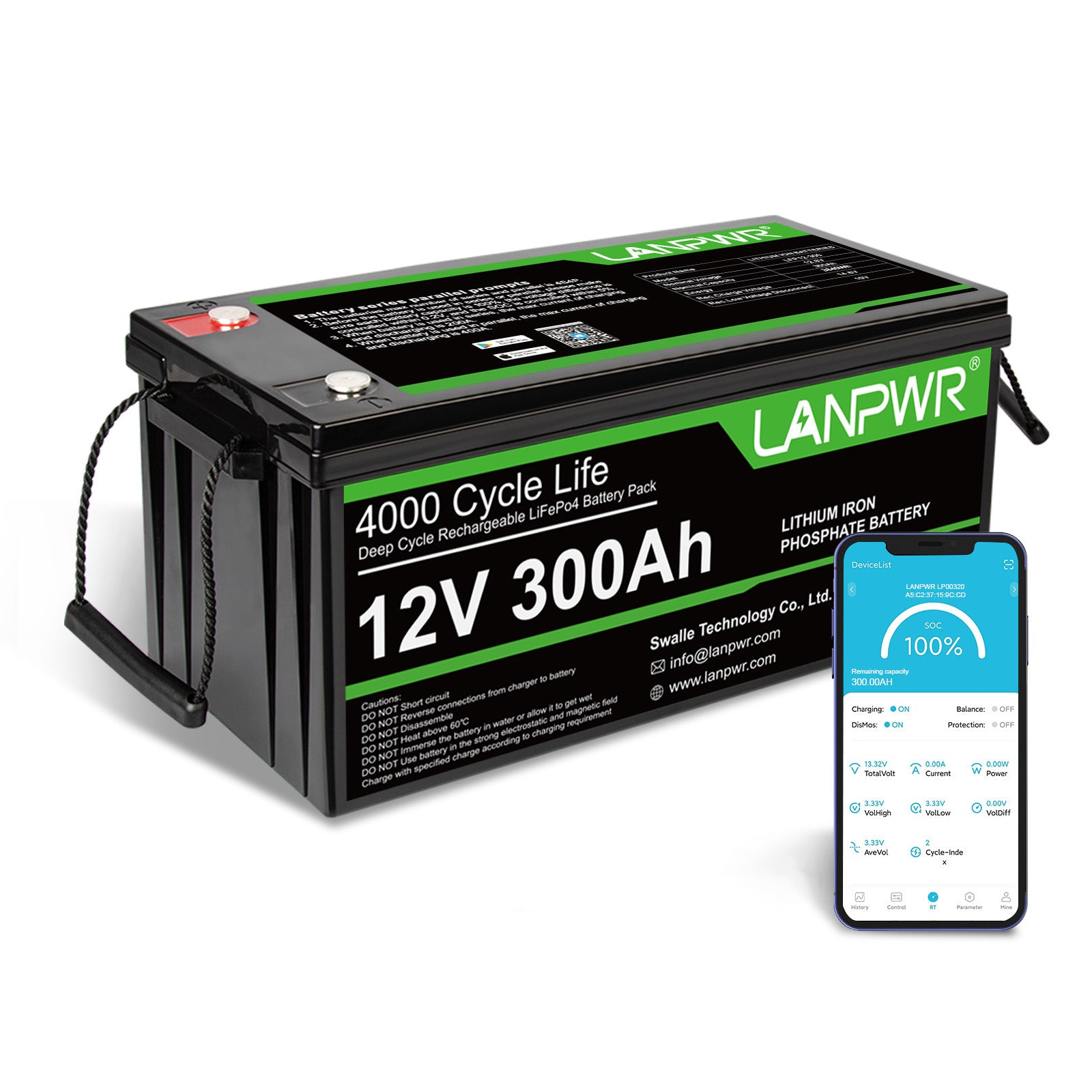
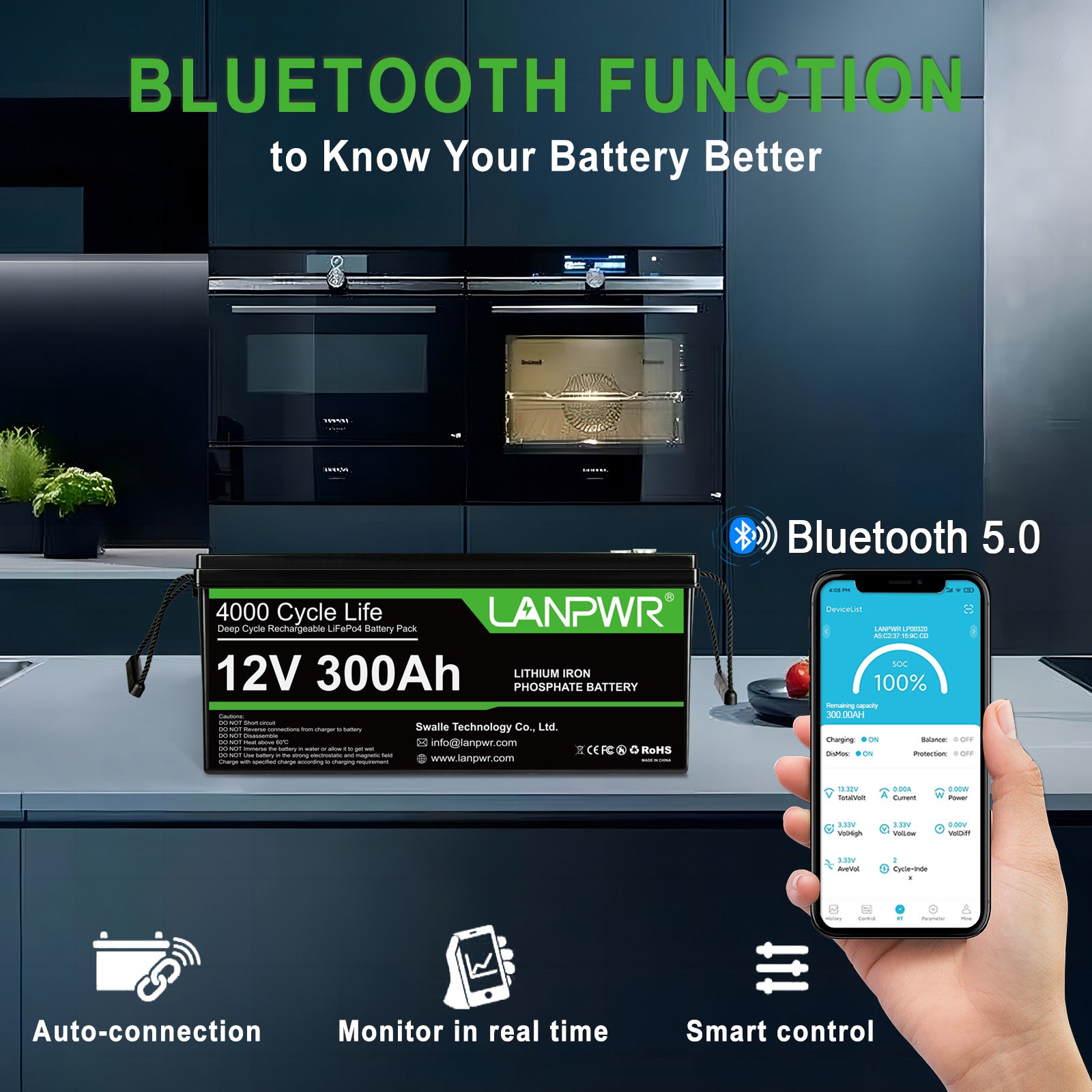
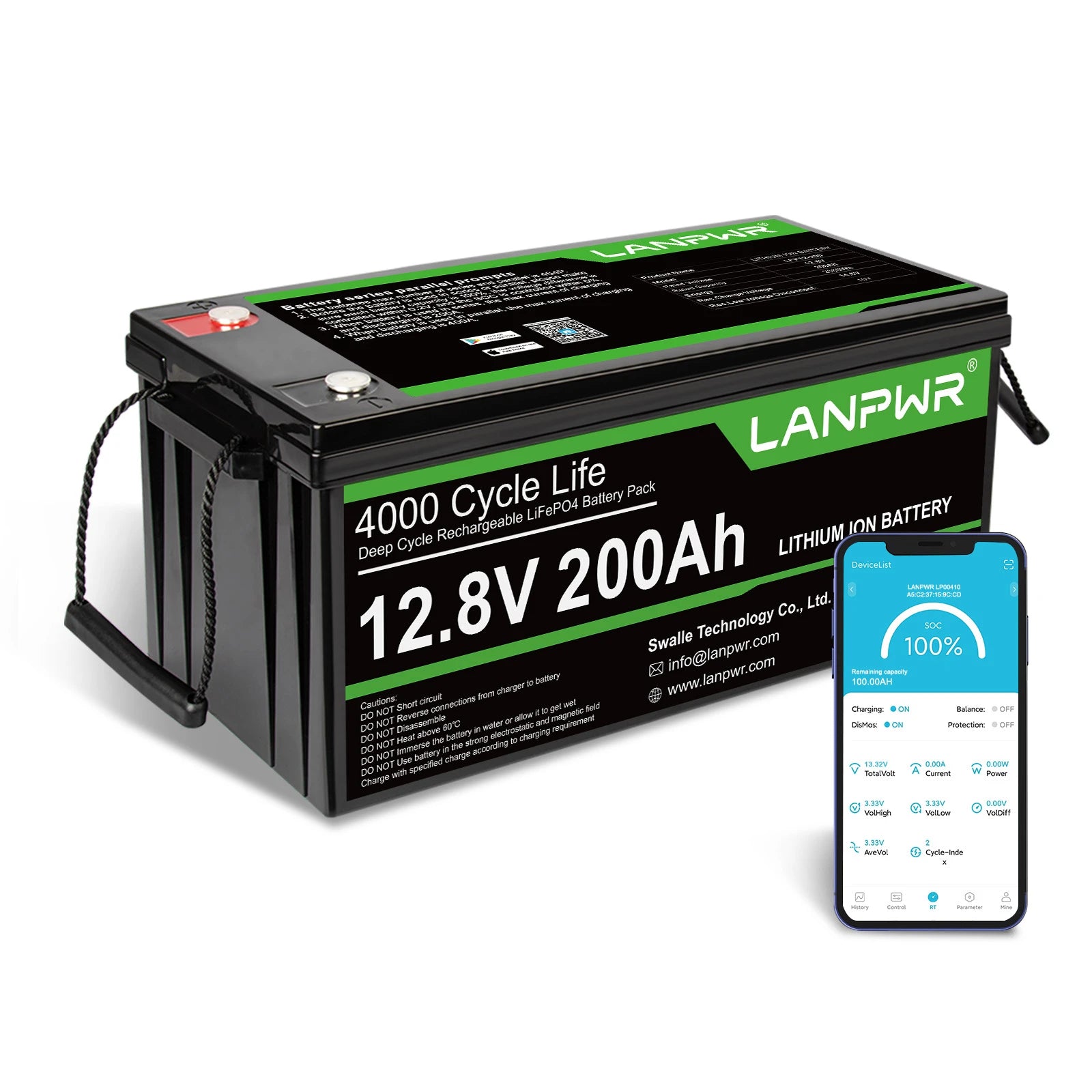
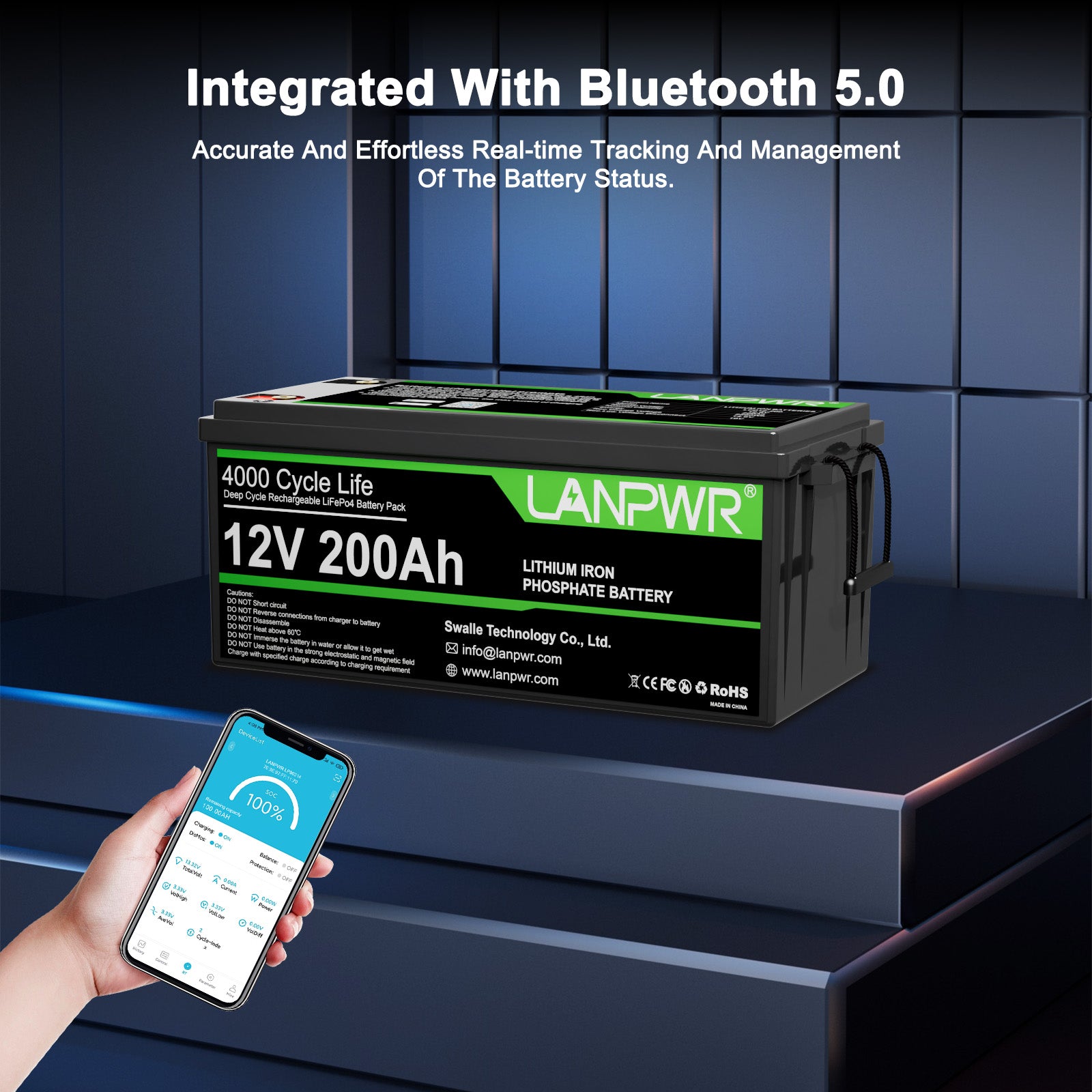
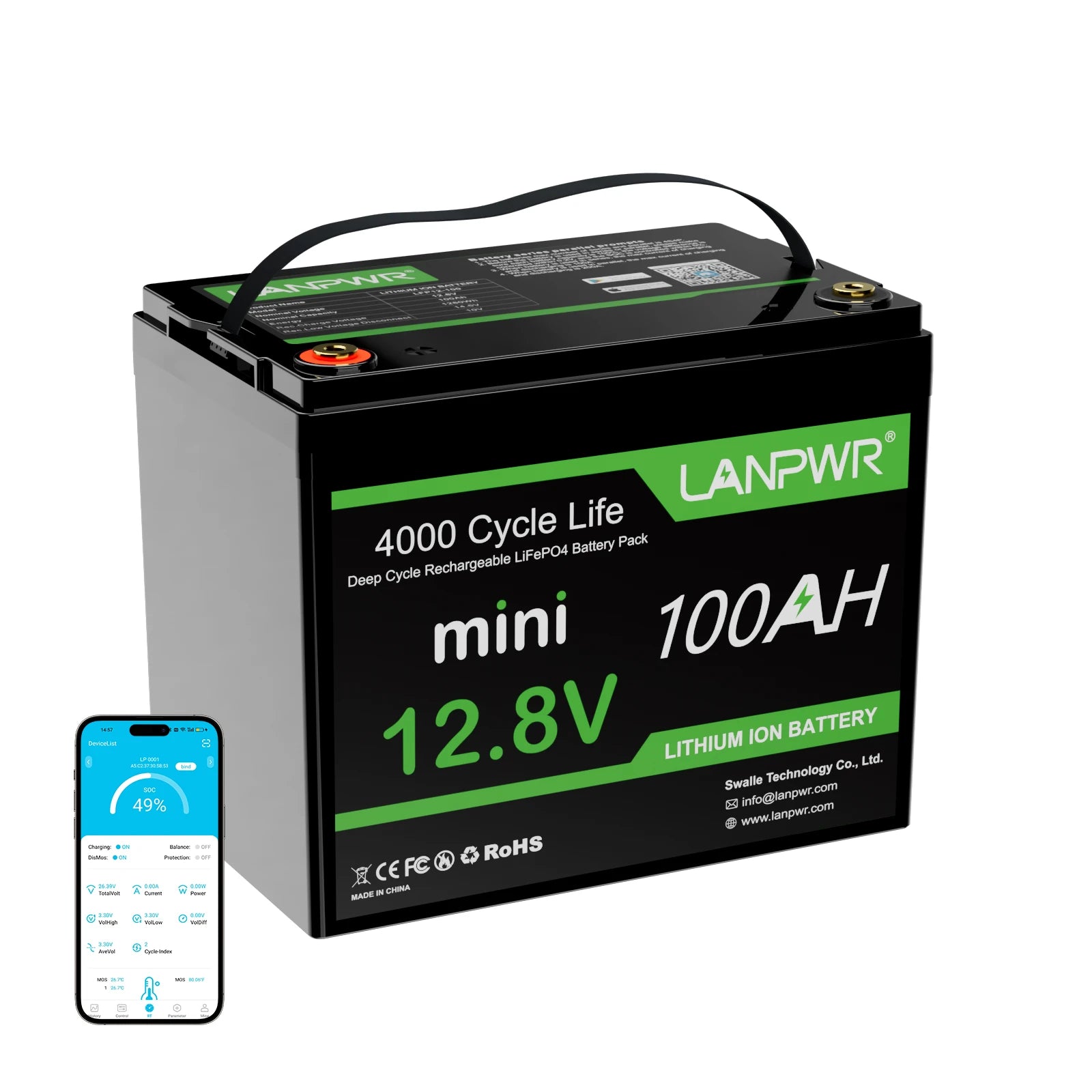

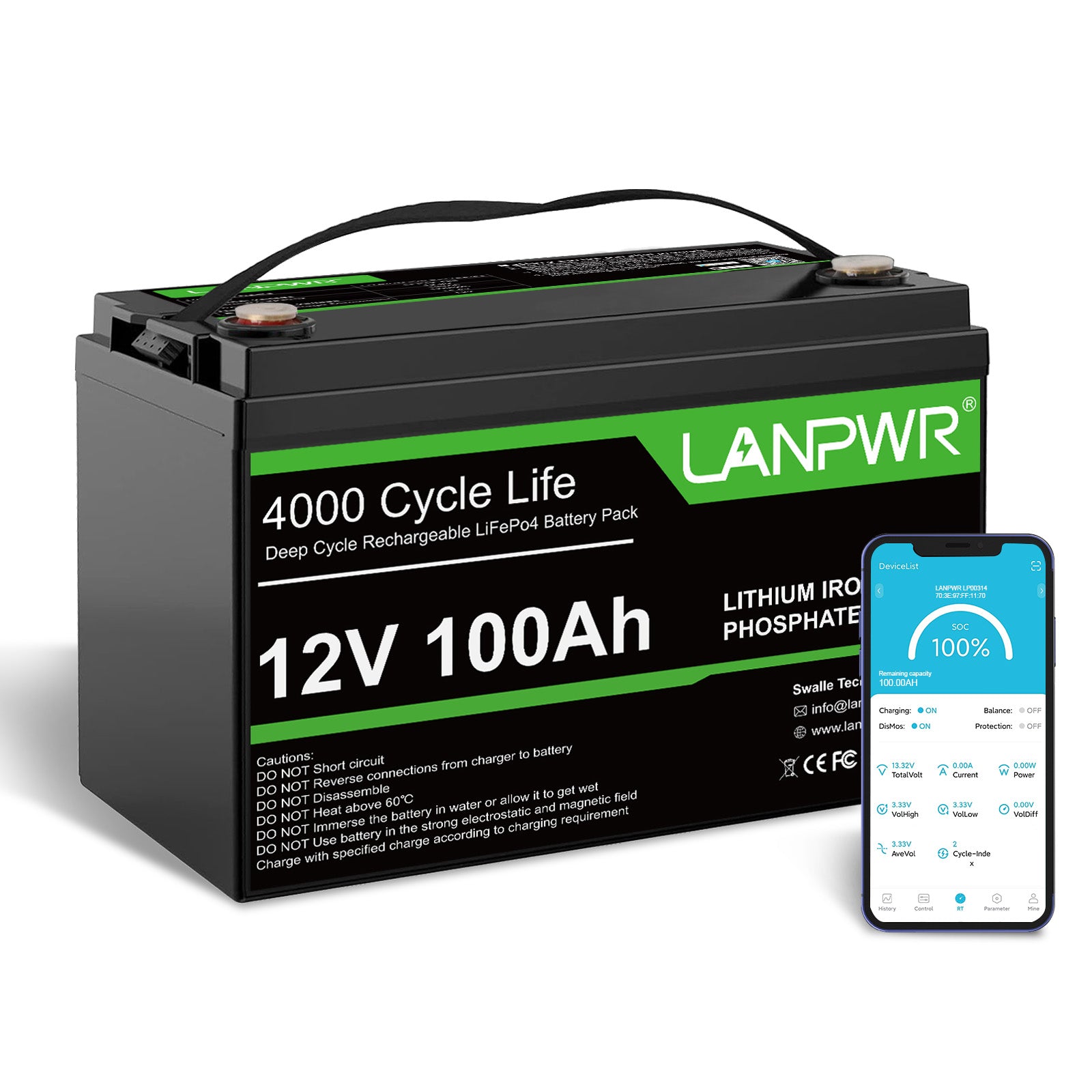

Leave a comment
This site is protected by hCaptcha and the hCaptcha Privacy Policy and Terms of Service apply.